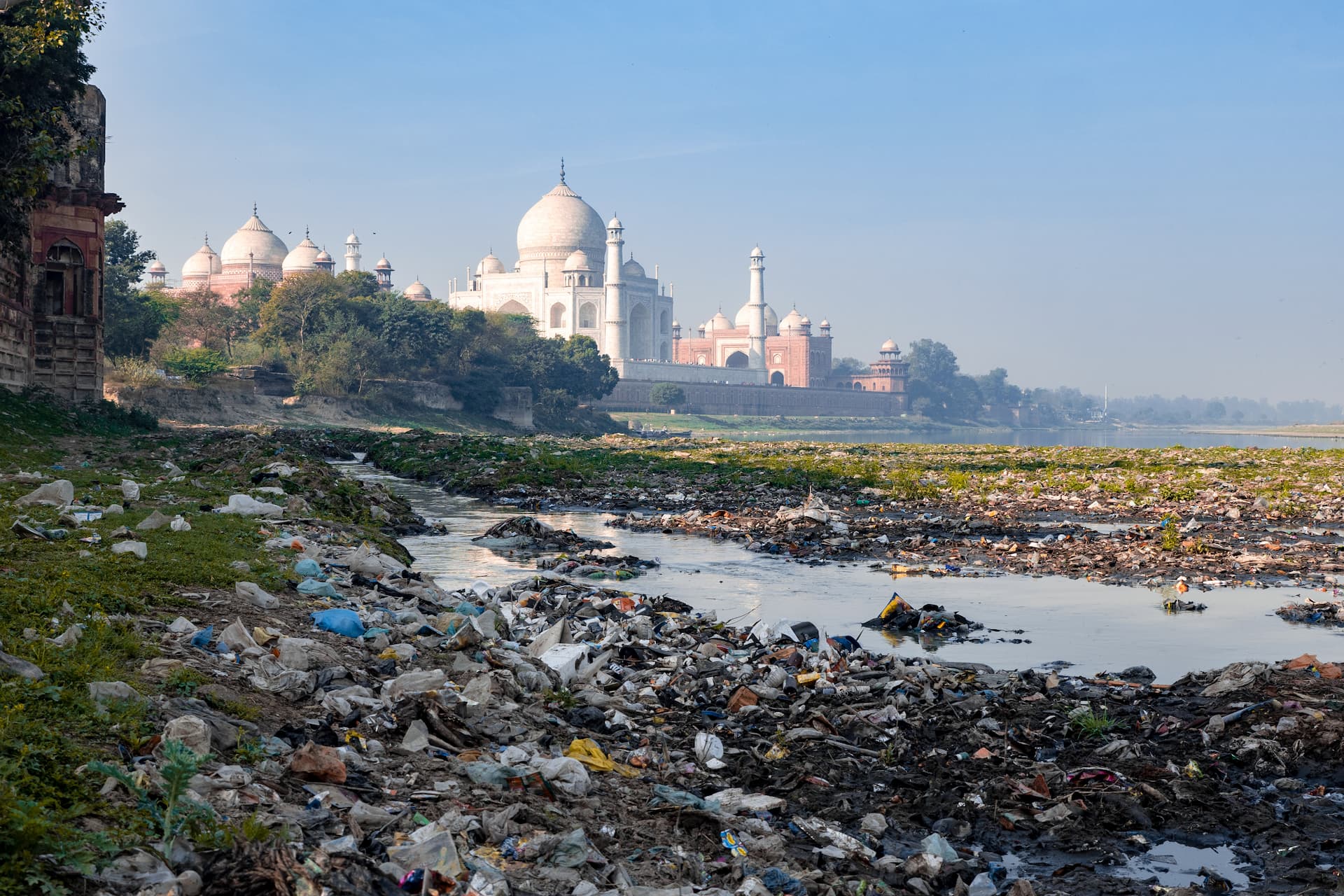WRAP to start India food waste programme through Clinton Global Initiative
NGOs planned programme to address India's 78.2 million tonnes of annual food waste through targeted interventions across hotels, manufacturing and policy development
 The Waste and Resources Action Programme (WRAP) has been selected as part of the 2025 Clinton Global Initiative Commitment to Action cohort to address India's food waste, with the country discarding 78.2 million tonnes of food annually – enough to feed 377 million people.
The Waste and Resources Action Programme (WRAP) has been selected as part of the 2025 Clinton Global Initiative Commitment to Action cohort to address India's food waste, with the country discarding 78.2 million tonnes of food annually – enough to feed 377 million people.
India remains one of the world's largest producers of food waste, yet has failed to align with Sustainable Development Goal 12.3 to halve global food waste by 2030. Director of International Development David Rogers will present WRAP's strategy to delegates at the upcoming CGI talks, supported by partners Rainier Climate and the Food Pact Network.
The programme will implement WRAP's international model across key sectors in India, including large hotels to reduce sourcing and kitchen waste whilst promoting behaviour change among guests and increasing food donation. Major fast-moving consumer goods companies will be targeted to set waste reduction targets and influence supply chain innovations, whilst small and medium enterprises in manufacturing, retail and hospitality will receive support to identify waste hotspots and pilot collective reduction strategies.
The initiative builds on WRAP's Food Pact Network, a global framework supporting national-level public-private partnerships that bring together businesses, policymakers and stakeholders across the value chain. Similar programmes now operate in ten countries including the South Africa Food Loss and Waste Initiative, Pacific Coast Food Waste Commitment, Pacto Por La Comida in Mexico, and the U.S. Food Waste Pact.
Scaling global impact with $15 million investment
The India programme benefits from $15 million funding from Rainier Climate, which is helping scale WRAP's work across five countries in Africa, Asia and Latin America. This investment demonstrates growing recognition of food waste reduction as a critical climate intervention, with food waste contributing 8-10 per cent of global greenhouse gas emissions.
India's food waste crisis represents significant economic losses, with the country's annual food waste valued at approximately £12.5bn – nearly 3.7 per cent of the agricultural sector's gross value added. Despite this massive waste, over 200 million Indians experience daily food insecurity, highlighting the urgent need for coordinated intervention.
WRAP's approach addresses key barriers across the entire value chain through tailored interventions informed by international best practices. The programme will contribute to food waste policy development whilst facilitating cross-border knowledge sharing between existing Food Pacts worldwide.
Rogers emphasised the collaborative nature of the initiative: "India is not alone in its food waste crisis. Food waste is a global issue requiring action by every nation. WRAP is putting forward a Commitment of Action to tackle this head-on. We will work with partners to deliver a food waste reduction strategy specific to its needs."
WRAP believes coordinated action could position India as a global leader in food loss and waste reduction, delivering environmental, economic and public health benefits. The programme represents a critical step towards achieving the international target of halving global food waste by 2030, with India's participation essential given the country's scale of waste generation.






